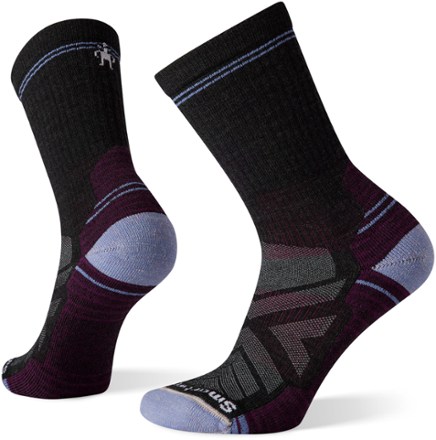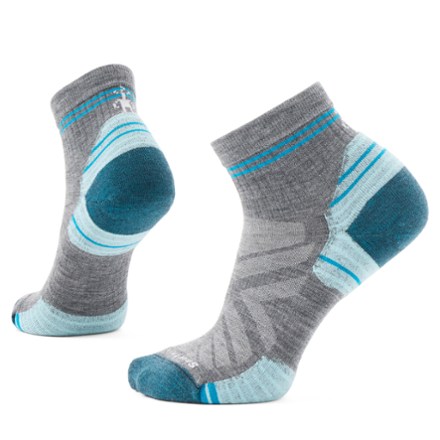Winter camping in the backcountry requires more—and slightly different—gear than a summer backpacking trip does.
In addition to the resources on REI.com, we can help you prepare for your outdoor adventure at REI Co-op stores nationwide, where you can ask questions, join local outings and classes, buy essentials, and rent gear. You can also ask questions and order gear by calling 1-800-426-4840, or you can send us an email or live chat with us.
While you're packing, use this handy checklist to make sure you don't forget anything important. Here are some notes on how to best use this list:
- The Ten Essentials: Items that are part of the Ten Essentials should be carried on every trip. These are marked by an asterisk (*). To learn more, see our article on the Ten Essentials.
- This checklist is deliberately comprehensive. The exact items you take should be tailored to your trip based on mode of backcountry travel, personal preferences and considerations such as weather, difficulty, duration and distance from help.
- Printer-friendly PDF. Print out the PDF version for easy use at home.
Printer-Friendly Version (PDF)
Snow Travel
Avalanche Gear:
Optional:
Campsite
Optional:
Kitchen
If you're an ultralight packer, you can cut (or forgo) many of these items:
Water & Food
Placing a bottle and/or filter in a plastic bag next to you at night is one strategy to avoid nighttime freeze-ups. Your body will burn more calories just to stay warm, too, so bring plenty of food for both snacks and camp meals.
Clothing & Footwear
Check the forecast and make sure you're prepared for both extreme cold and stormy conditions.
Navigation
Navigation is one of the Ten Essentials systems. The type of trip you're taking and your personal preferences will determine exactly which items you'll bring. If you like to use a GPS, note that it's not a substitute for a map and compass.
Emergency & First Aid
One of the Ten Essentials is an emergency shelter. Even if you're carrying a tent with you, you should also have an emergency shelter if you plan to take day trips away from your base camp.
Health & Hygiene
Sun protection:
Tools & Repair Items
Personal Items
C
redit card and/or cash
*These items are part of the Ten Essentials systems. The exact items you take for each system can be tailored to your trip based on considerations such as weather, difficulty, duration and distance from help. To learn more, see our article on the Ten Essentials.




